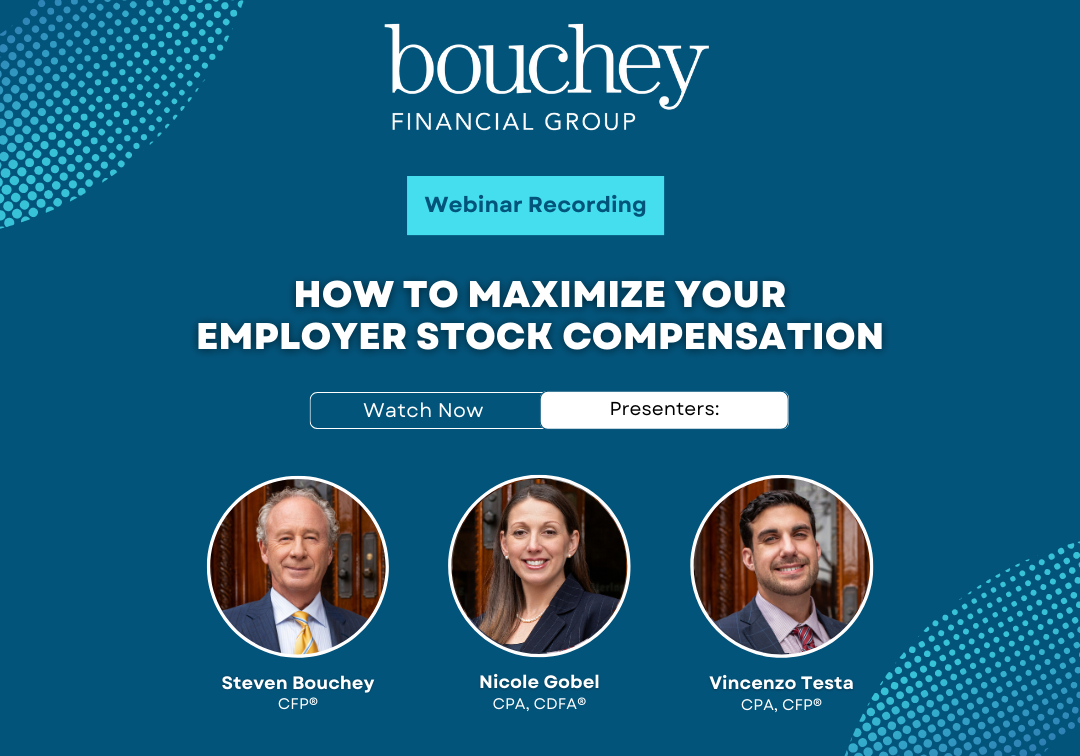Equity Compensation Planning

Our Services

Do you receive equity compensation and stock options?
Work with an expert to maximize your wealth. Our services include managing investment risk, minimize taxes, and accomplishing your wealth and transfer goals.
Considerations
- Tax Treatment - How will my stock awards or options be taxed?
- Liquidity - When can I exercise and sell my stock options?
- Risk Reduction - Should I exercise and hold or sell my stock?
- Tax Minimization - What strategies can I use to get the best tax treatment?
- Wealth Accumulation - How do I maximize the value of my equity compensation? Should I consider gifting to family?

Types of Equity Compensation

Incentive Stock Options (ISOs)
A type of employee stock option that provides tax benefits if certain conditions are met. Employees can purchase company stock at a set price, and if they hold the stock for at least two years from the grant date and one year from the exercise date, they can benefit from favorable long-term capital gains tax treatment. ISOs are typically offered to employees as part of compensation, with specific rules governing their issuance and use.

Non-Qualified Stock Options (NSOs)
An employee stock option that allows the purchase of company stock at a predetermined price, but is taxed as ordinary income upon exercise. Unlike incentive stock options, NSOs do not qualify for special tax benefits and can be granted to employees, directors, or contractors. NSOs offer flexibility in terms of eligibility, but their tax treatment is less favorable compared to ISOs.
Restricted Stock Units (RSUs)
A company grant of stock that vests over time or after meeting specific performance milestones. Employees receive shares or cash equivalent when the RSUs vest, but they are not entitled to the stock until the vesting conditions are fulfilled. Once vested, RSUs are typically taxed as ordinary income based on the stock’s value at the time of vesting.
Restricted Stock Awards (RSAs)
A grant of company shares to an employee, subject to vesting conditions such as time-based service or performance milestones. The employee gains ownership of the shares upon grant but can only fully control or sell them once the vesting requirements are met. RSAs are typically taxed as ordinary income when they vest, though employees may choose to file a Section 83(b) election to pay taxes at the time of grant.


